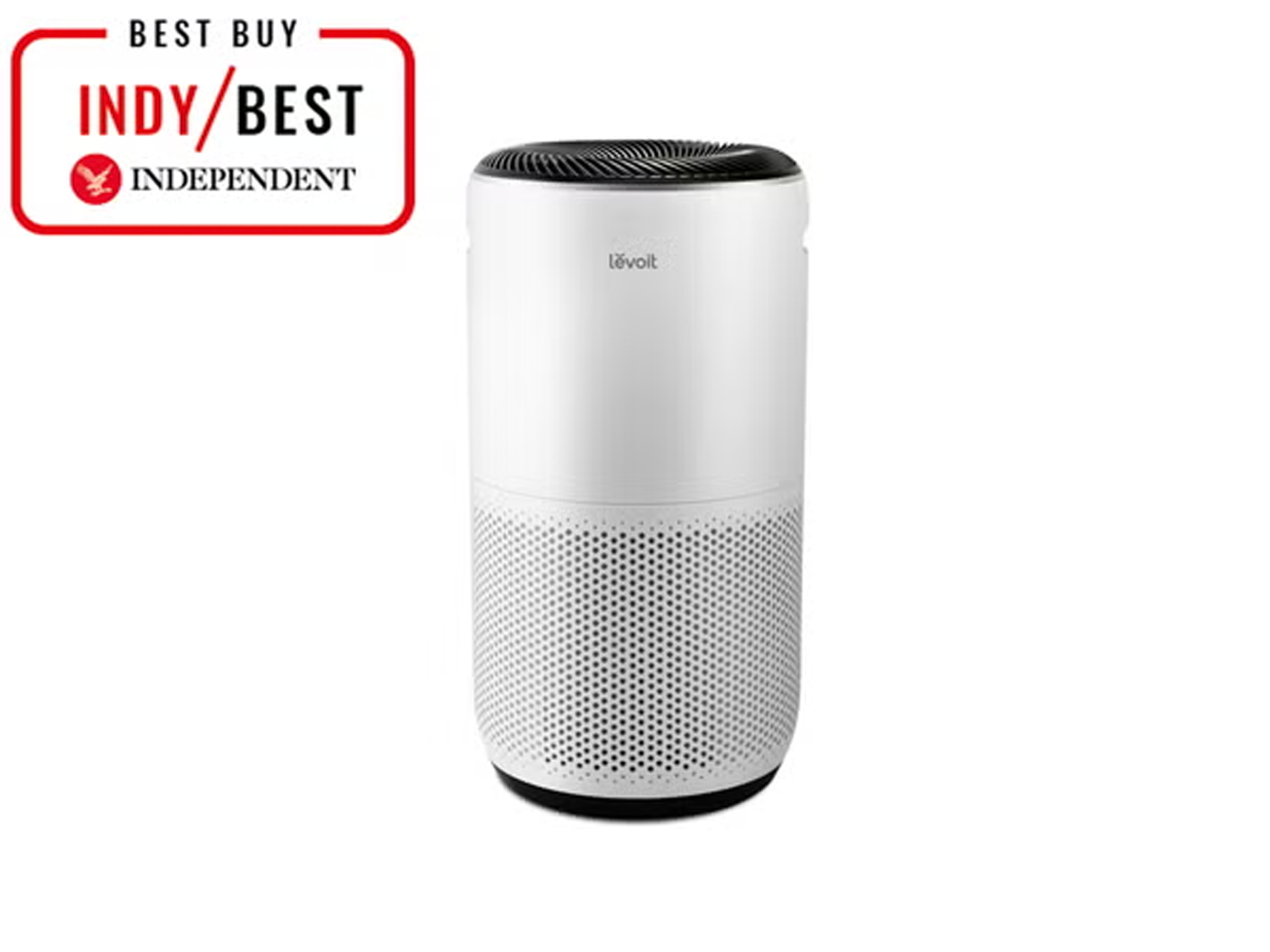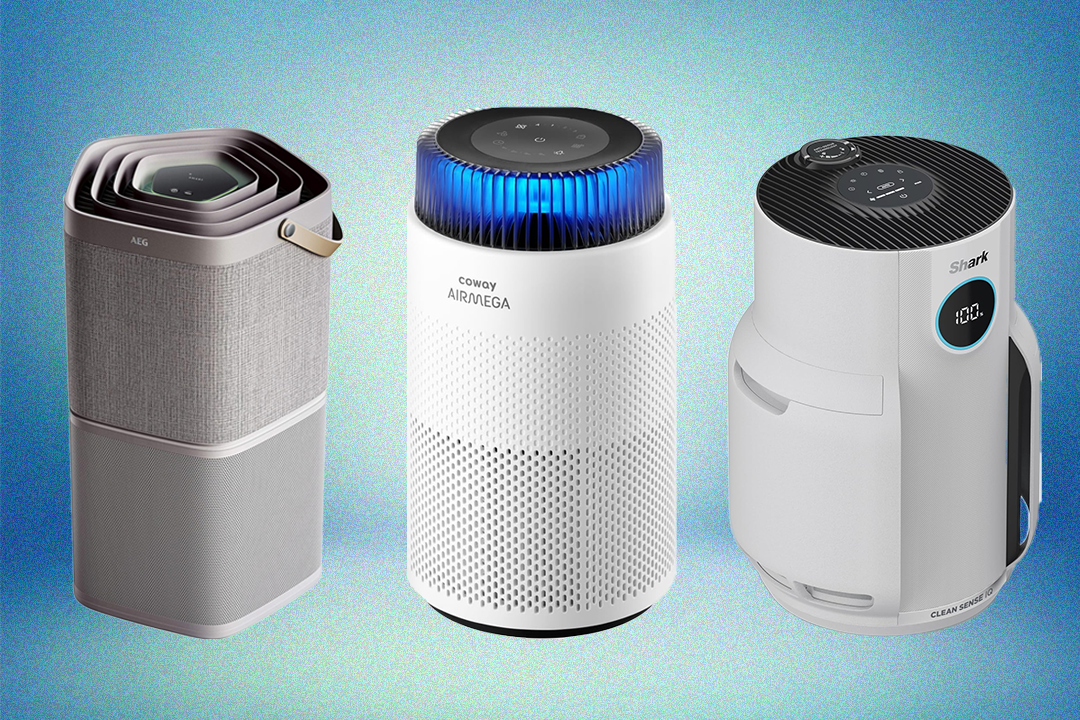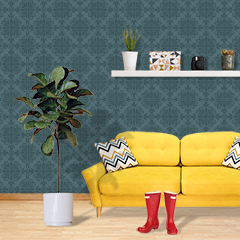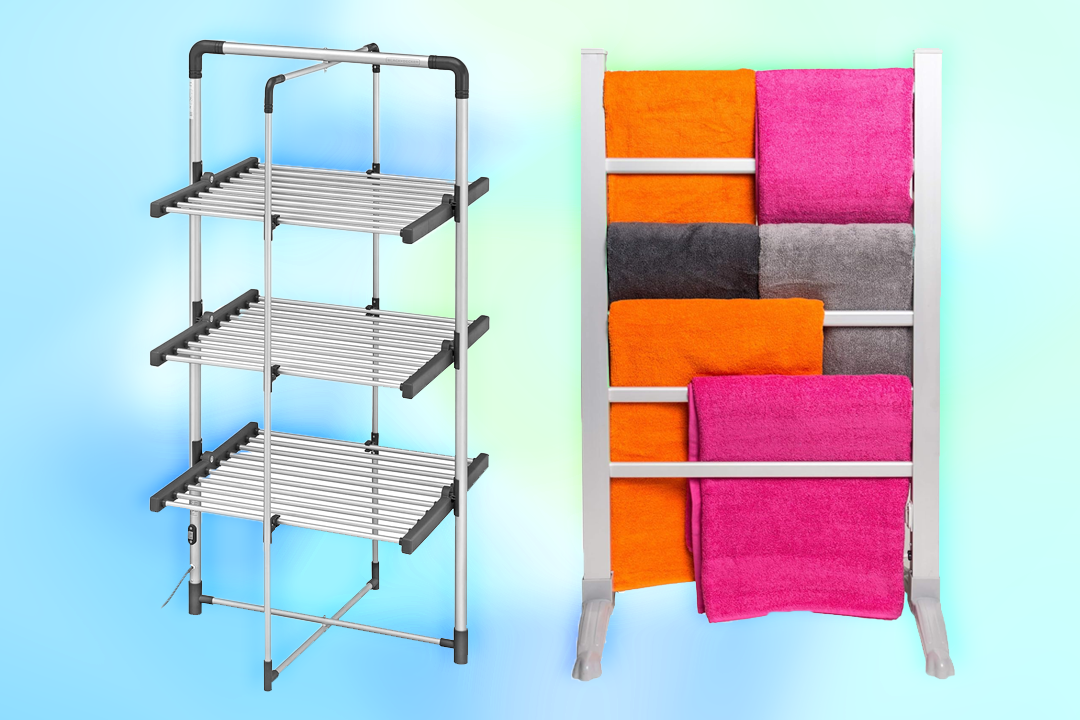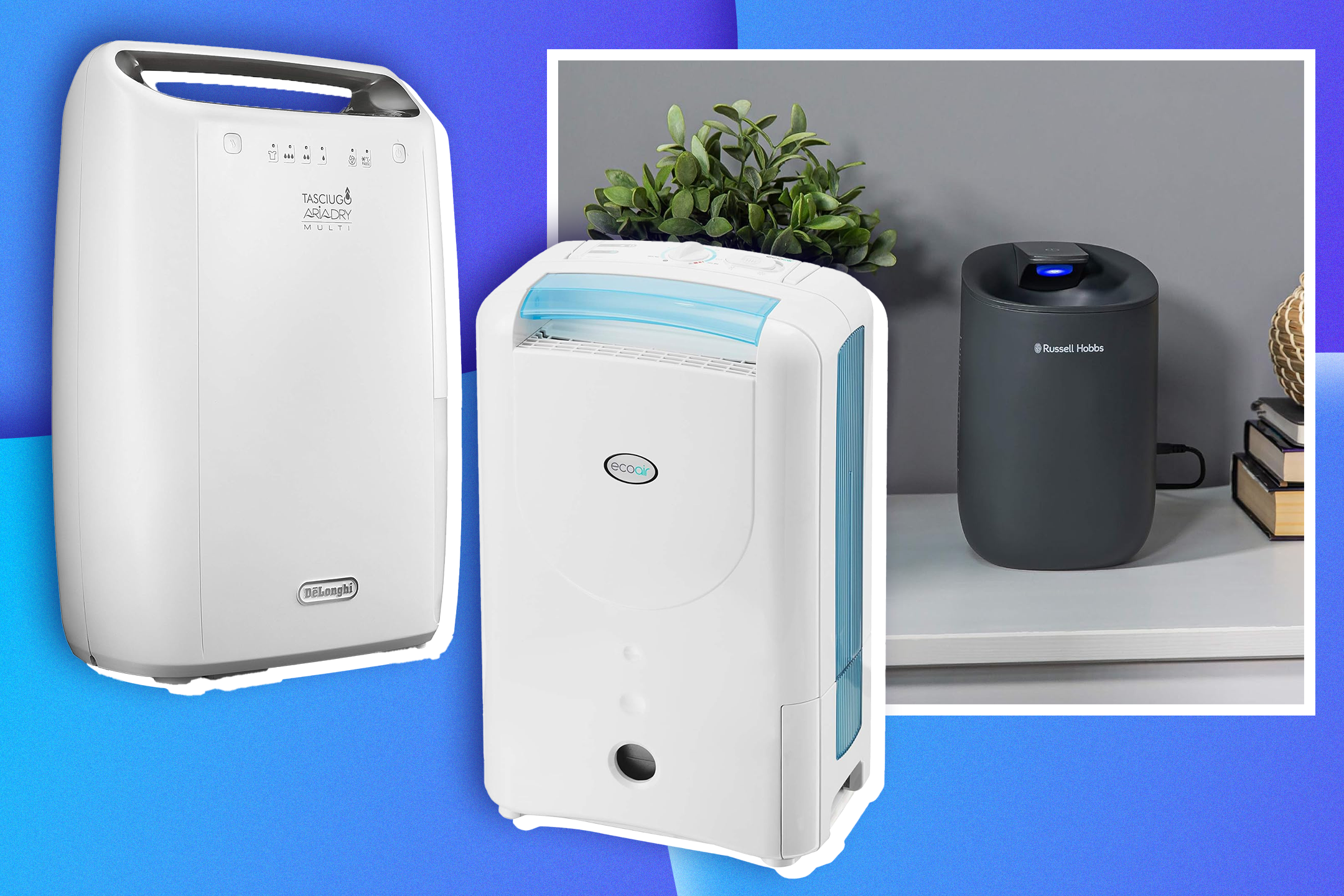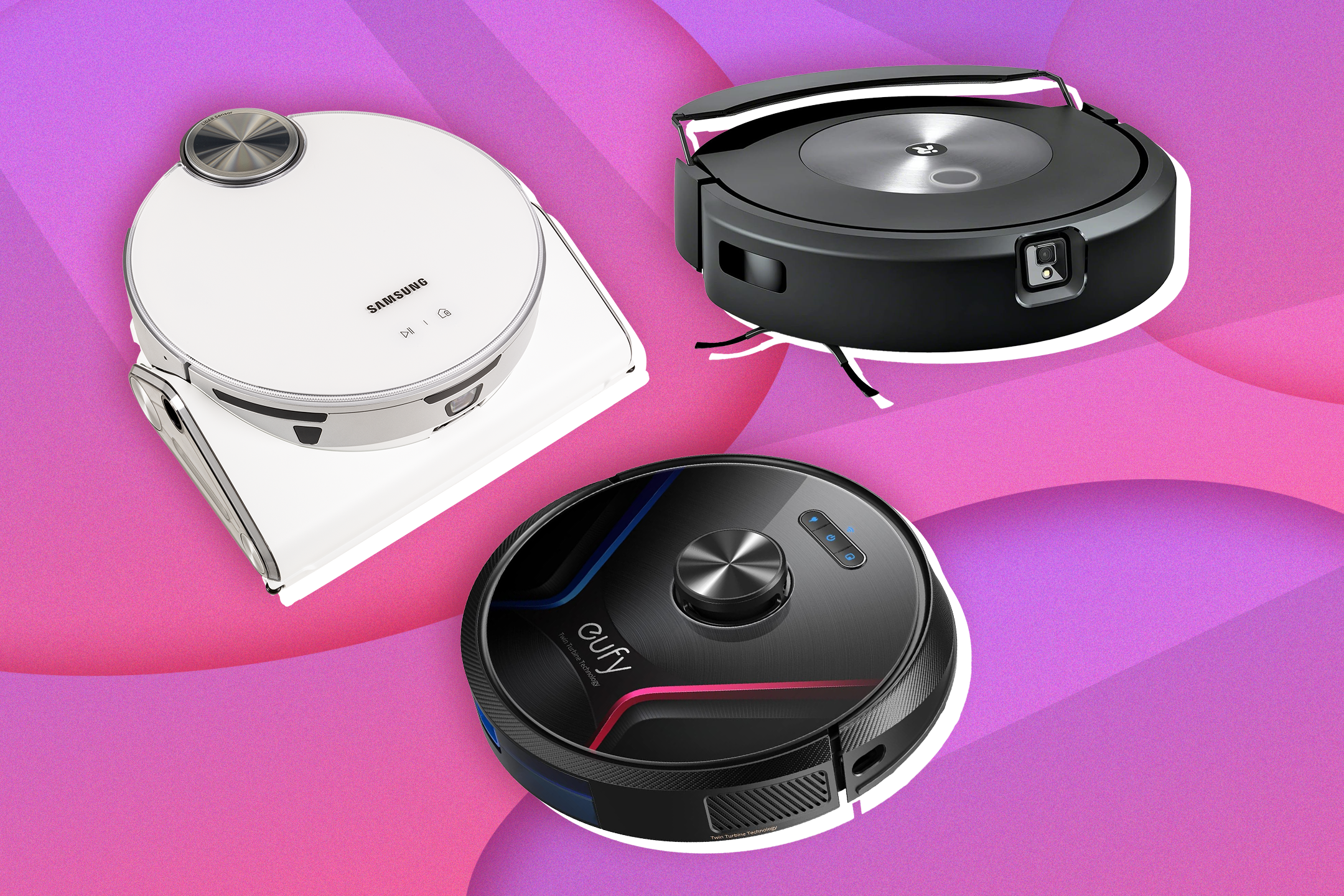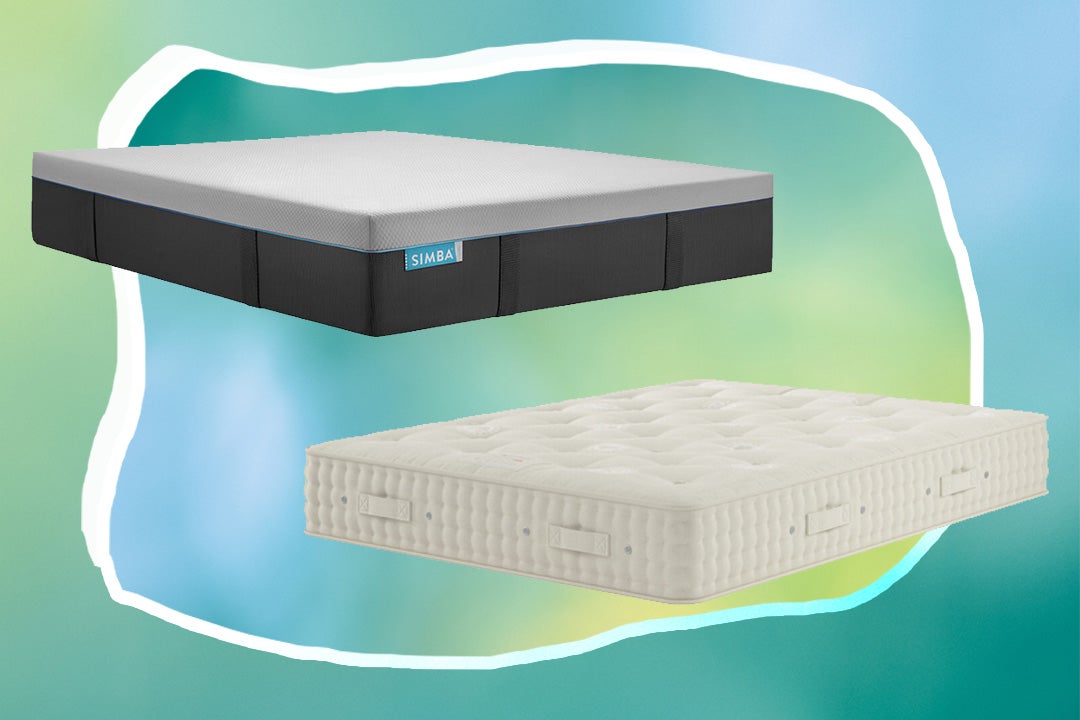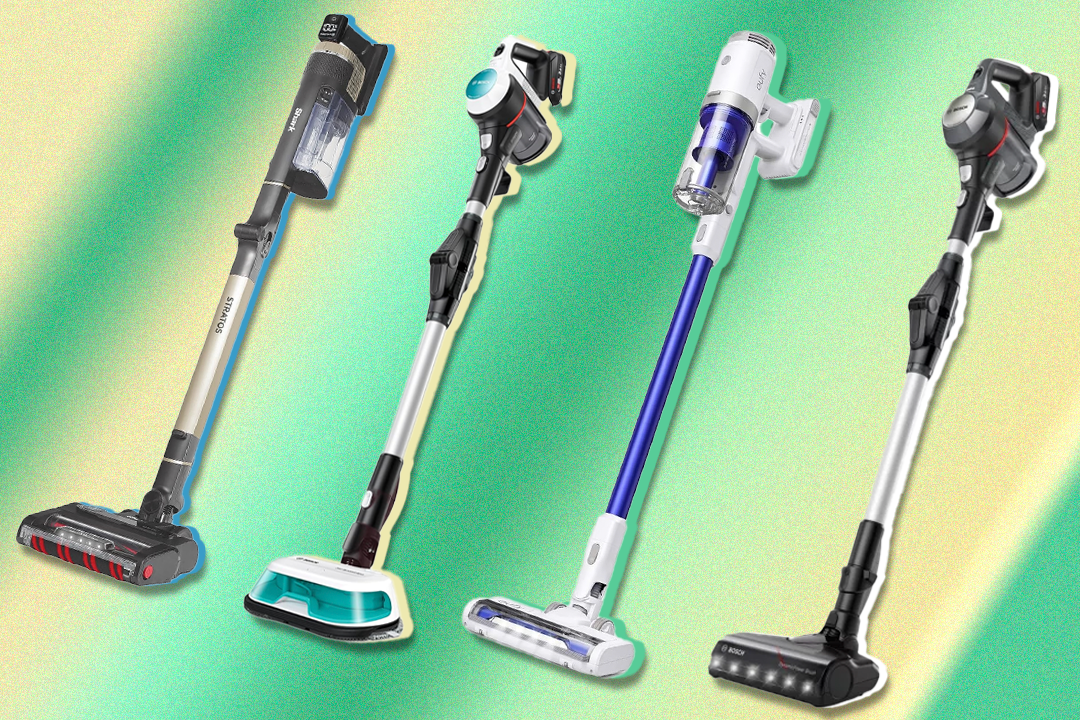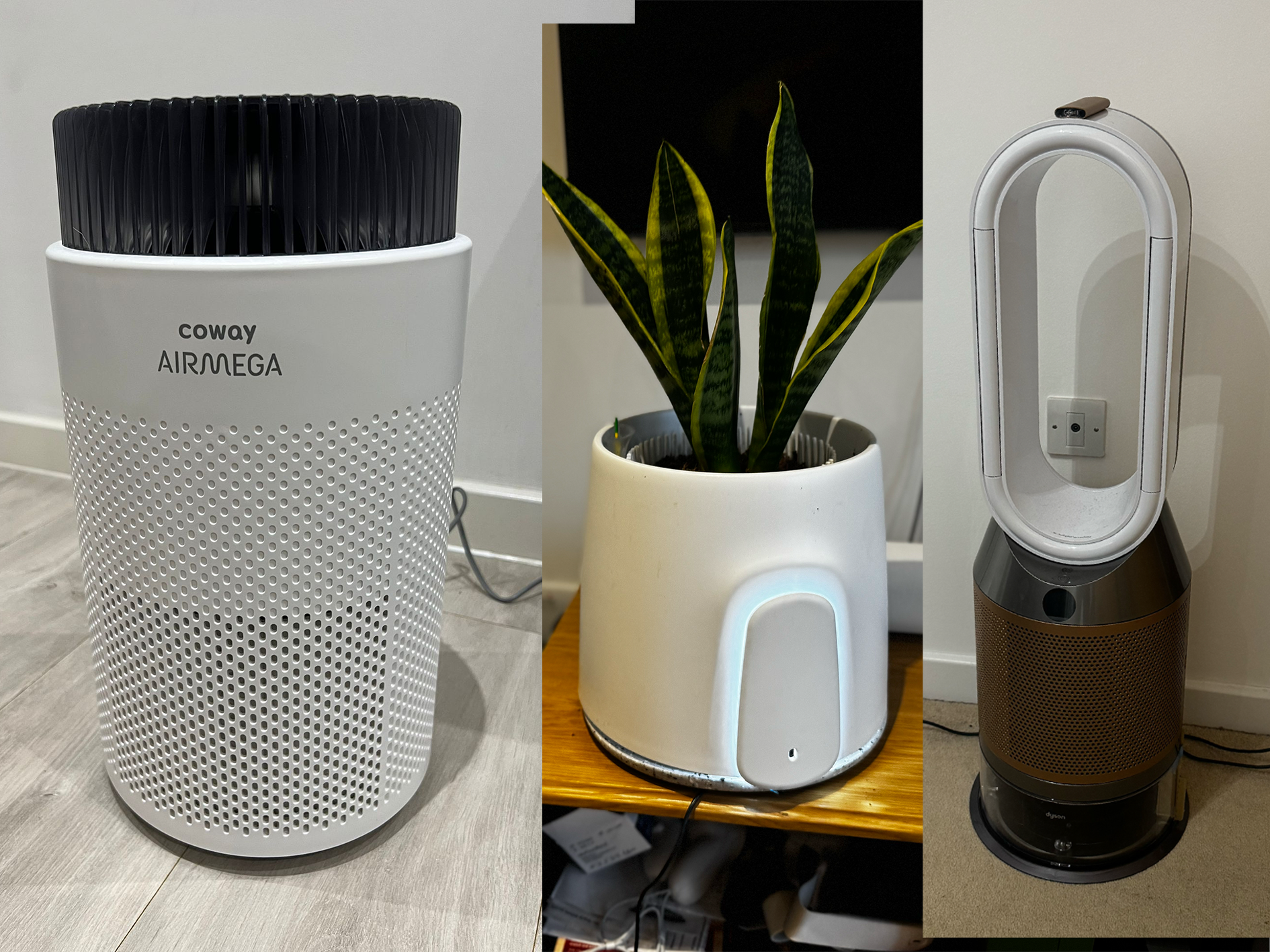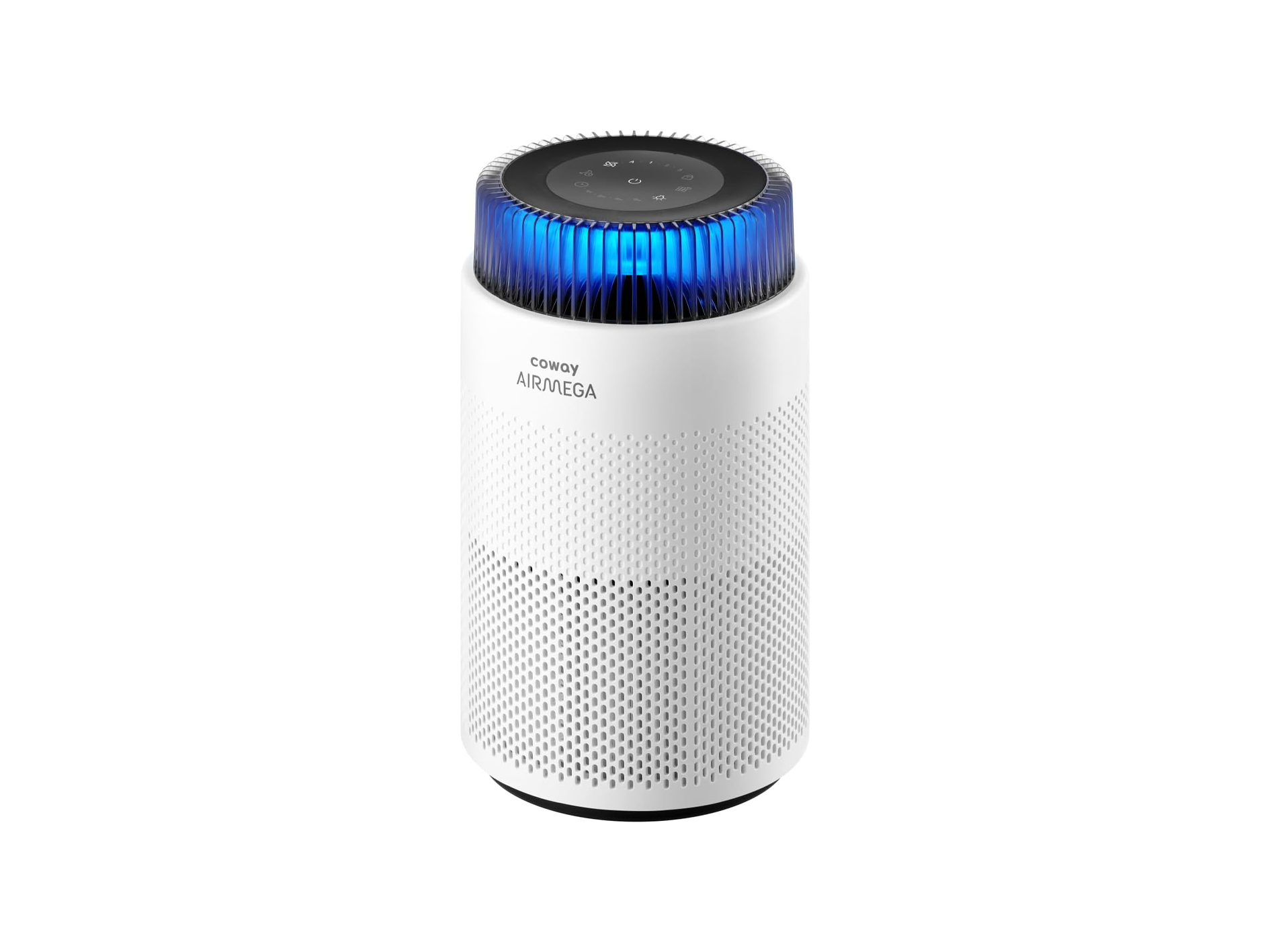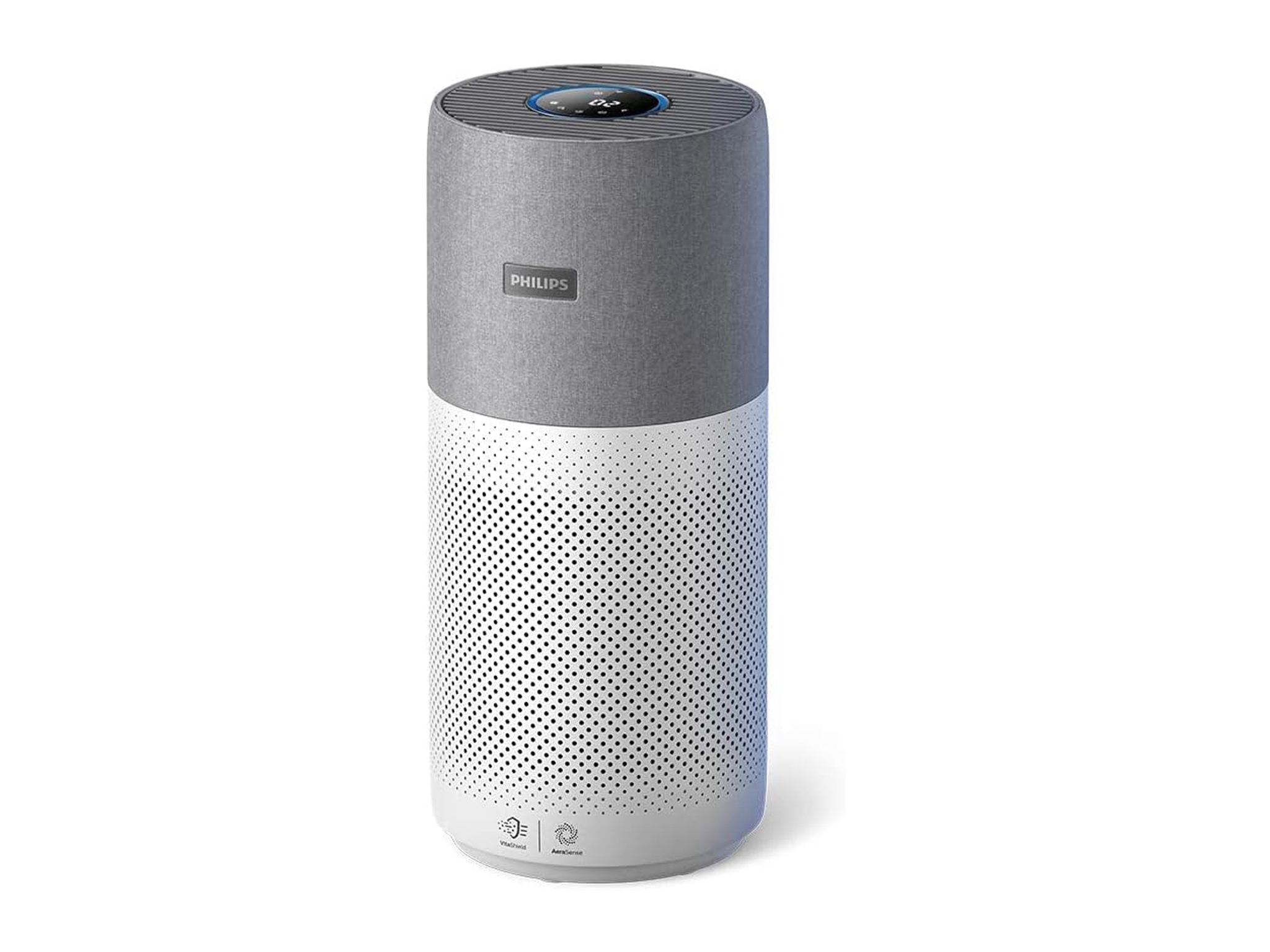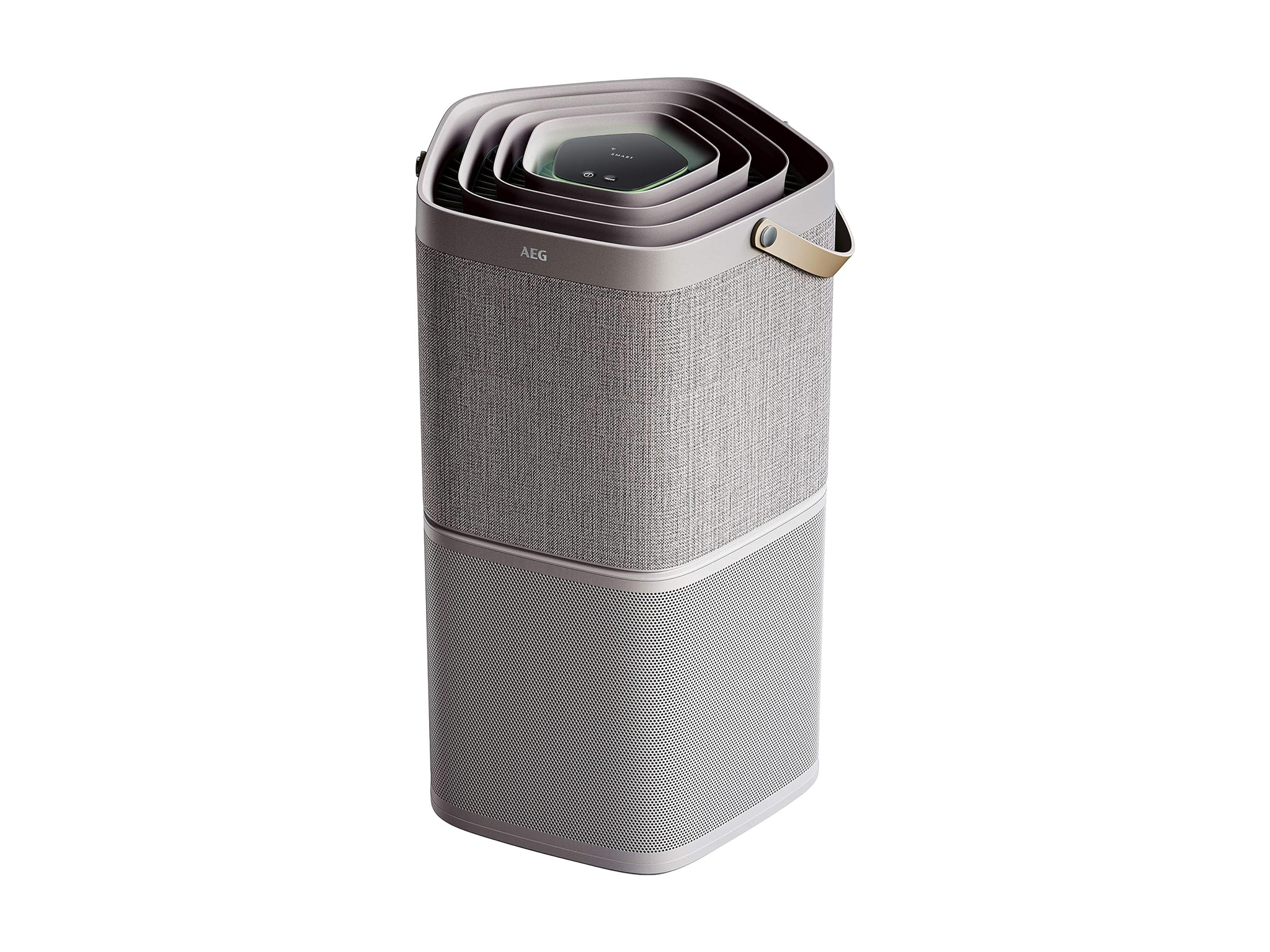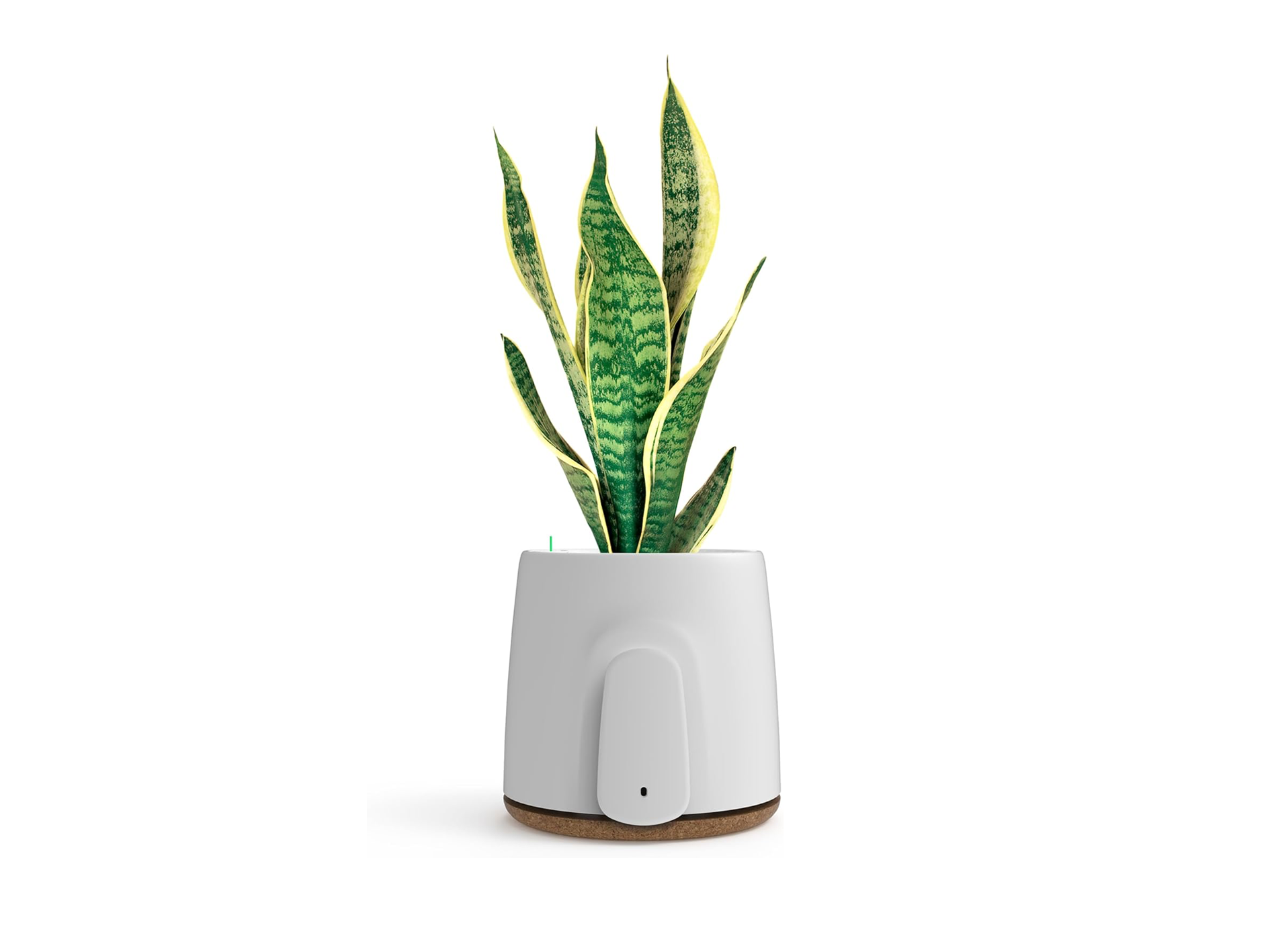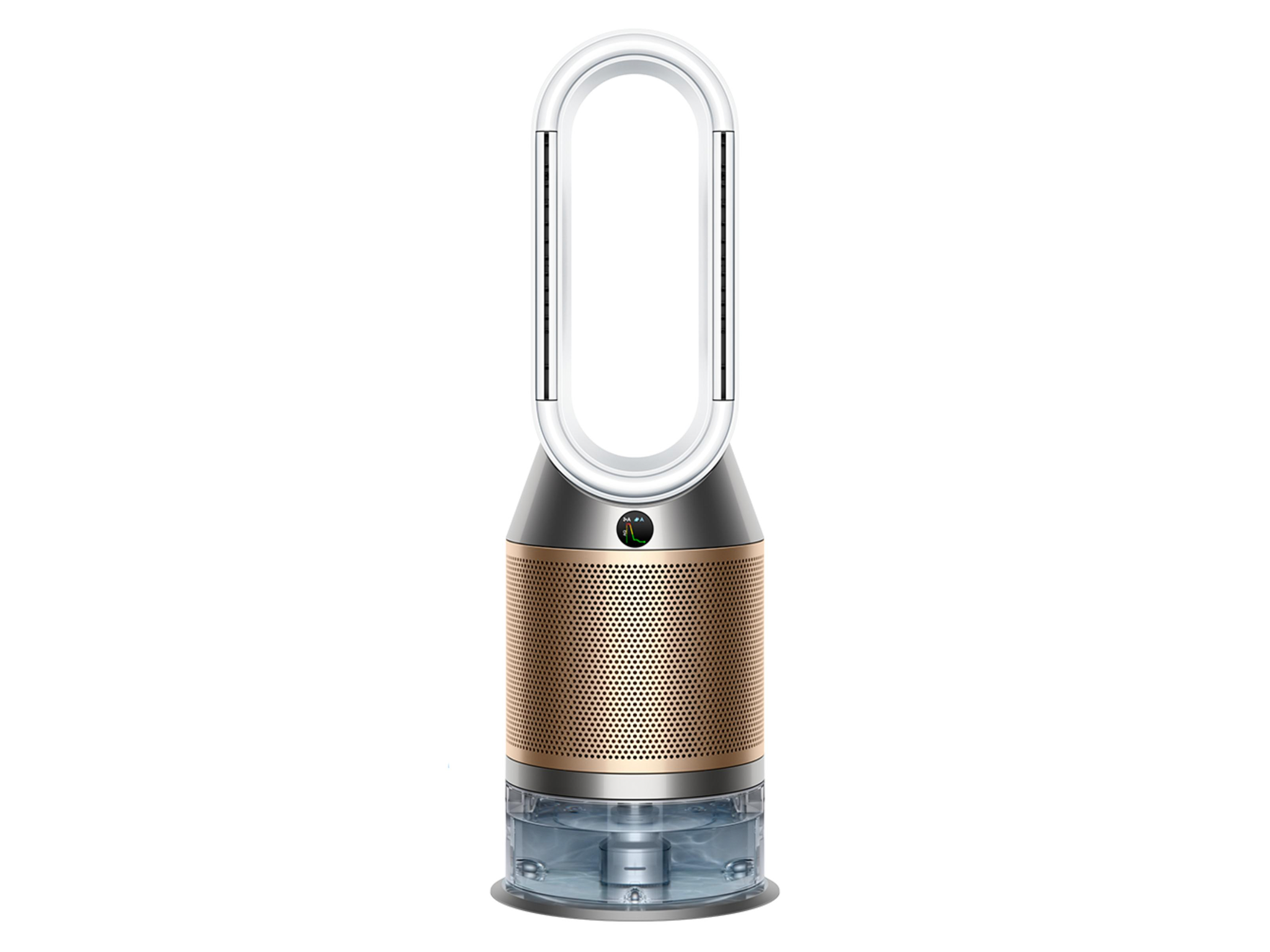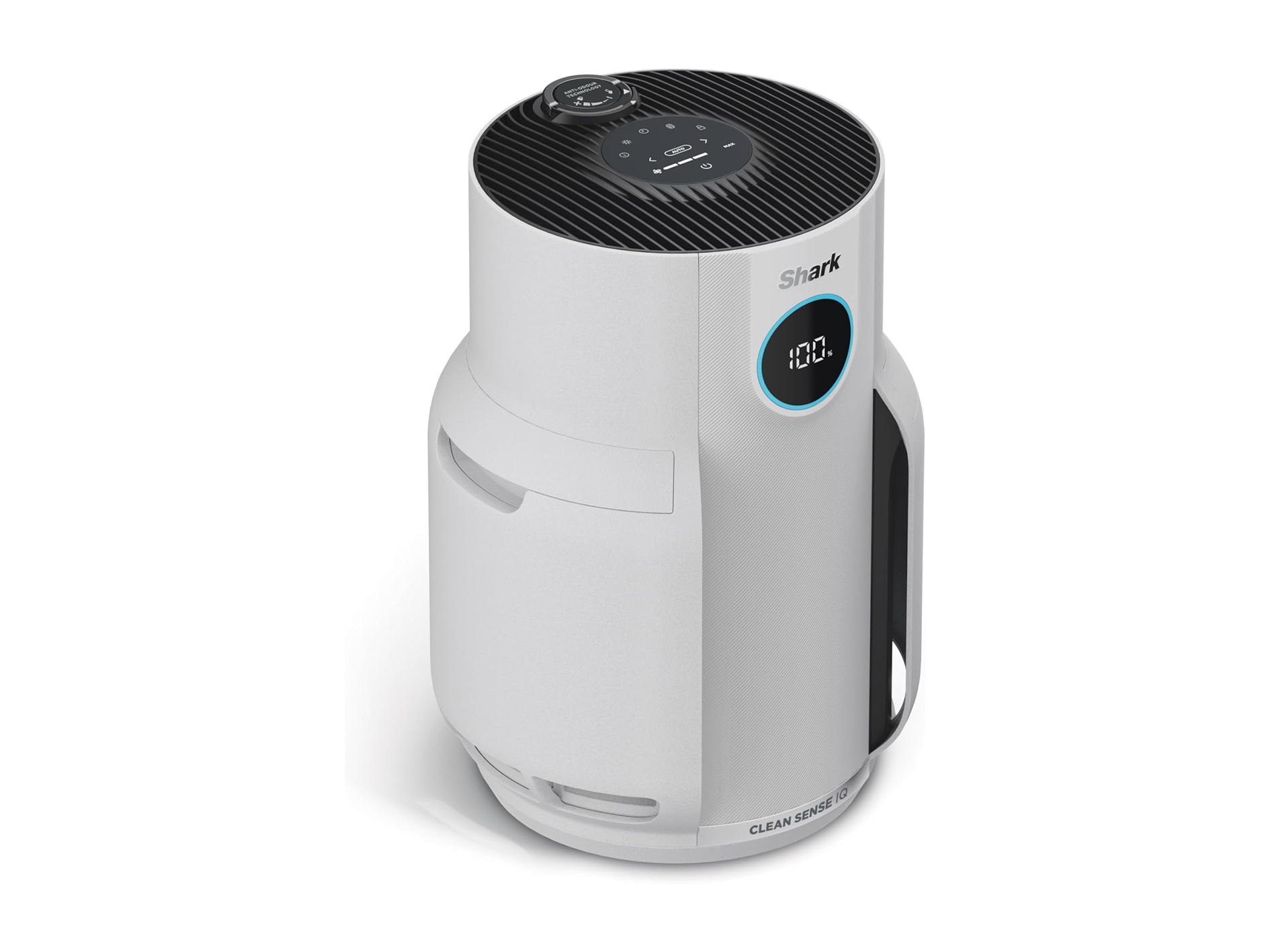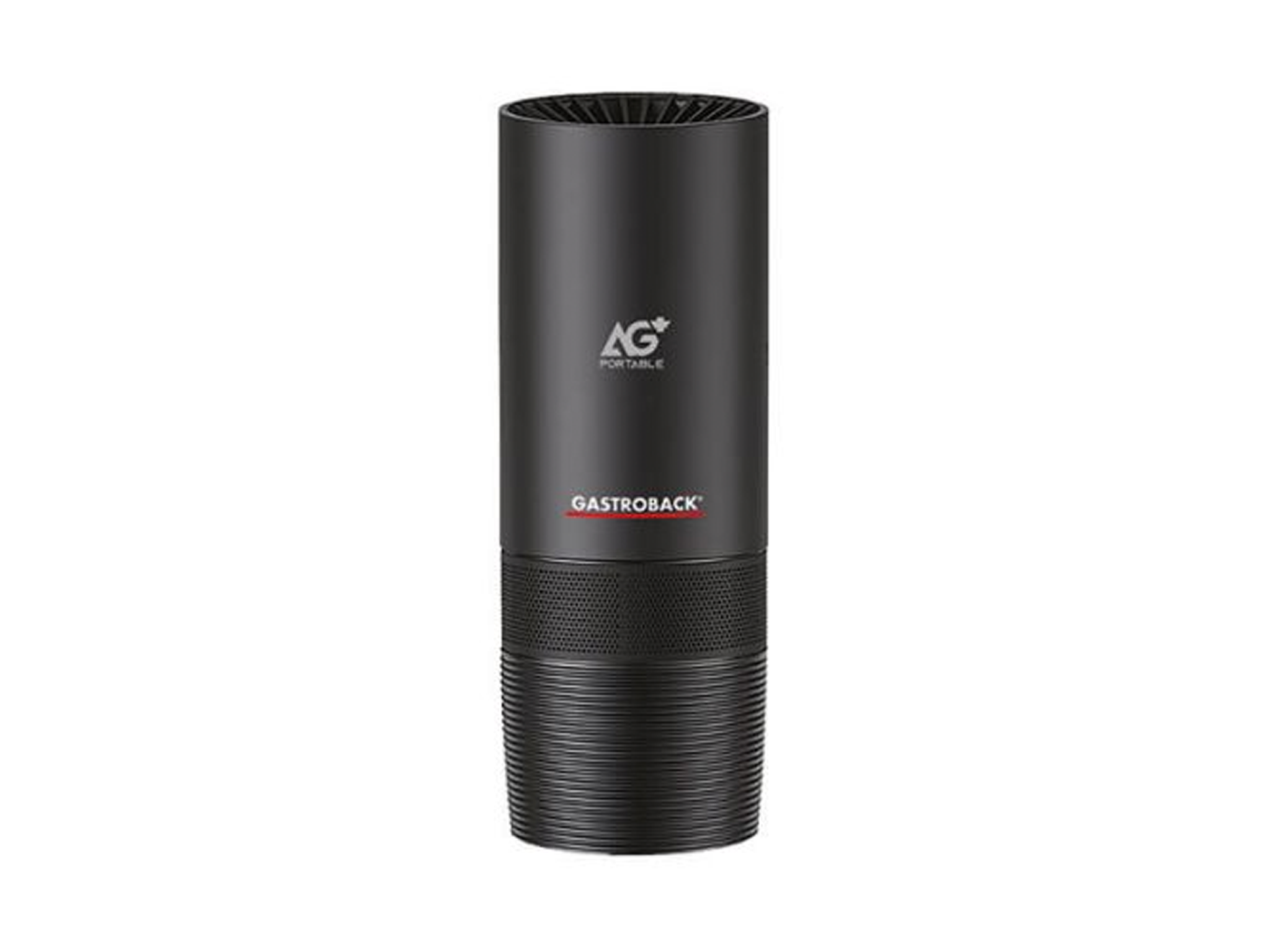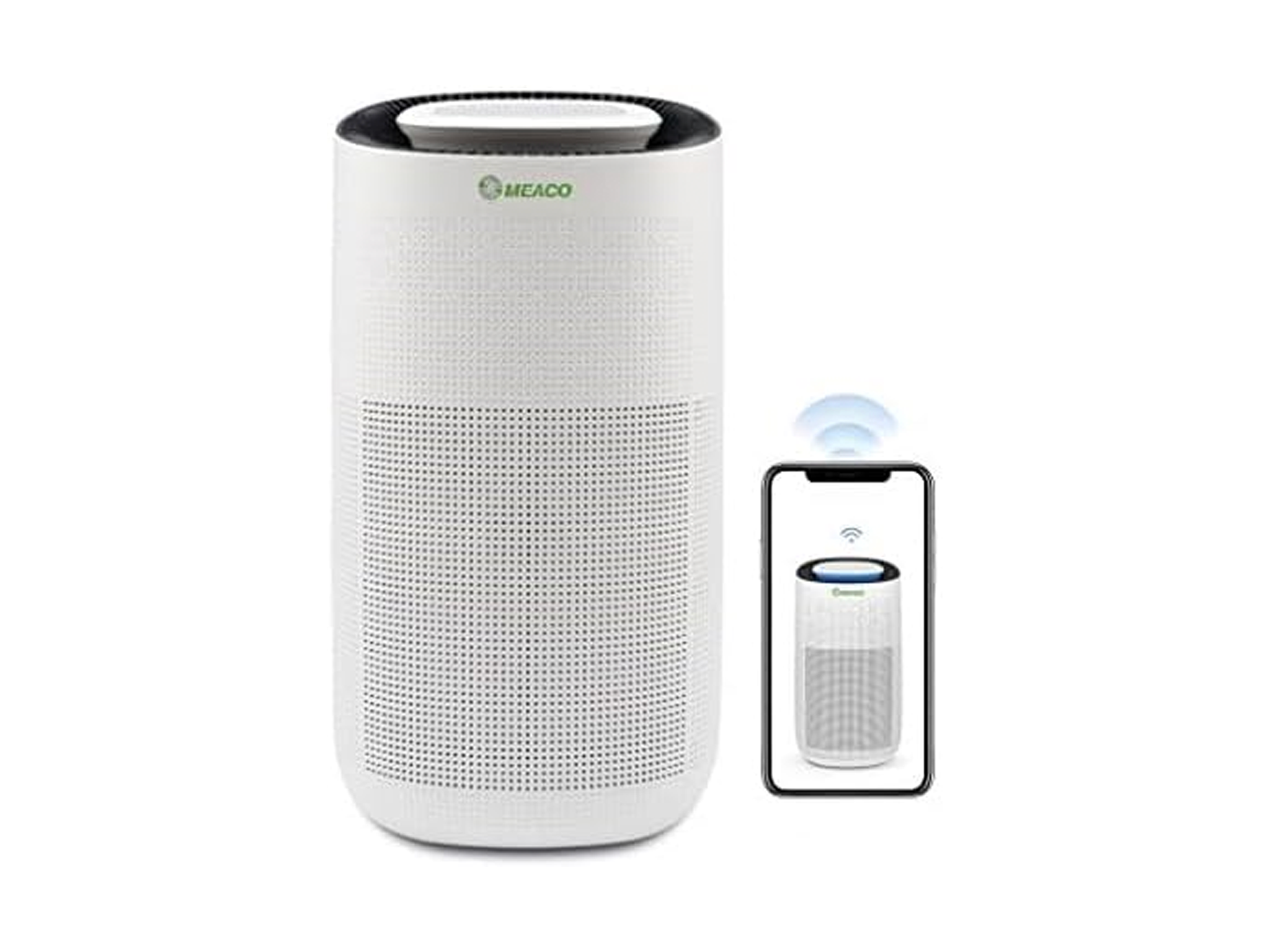Air purifiers FAQs
What does an air purifier do?
These machines take air and filter out various particles and pollutants. The contaminants could be anything from volatile organic compounds (VOCs) generated from doing work around the house (if, for example, you have freshly painted walls) to car fumes coming in through your windows when you air your home, or the fumes that result from frying food.
How do air purifiers work?
Most work by drawing the air into the machine and running that air through a filter (sometimes several filters) to grab small particles of pollen, pollution, dust and – depending on the type of filter – viruses and smaller particles. It then sends the clean air out into the room again. Some also use something called ultraviolet germicidal irradiation to ‘kill’ any viruses caught in the air.
Indoor air quality is very much a field of innovation. Professor David Fairen-Jimenez, head of the absorption and advanced materials lab at the University of Cambridge said: “We spend so much time indoors that the quality of the air will impact the quality of health and life. At Cambridge, we’re developing new synthetic materials that are capable of removing the more challenging toxic compounds.”
It’s worth noting it isn’t only catching small particles that’s tricky, but also PM 2.5, or fine particulate air pollution, which is another area researchers are continually looking into.
Do air purifiers remove dust?
In a word: yes. The thing to know about air purifiers is that their efficacy depends largely on the filtration system and the size of the particles they can capture. The gold standard in filters is the high-efficiency particulate air filter (aka the HEPA filter), which captures at least 99.97 per cent of 0.3-micron and larger particles. The naked eye can’t see particles smaller than 10 microns in size, so, yes, most air purifiers will remove dust from the air.
Do air purifiers help with allergies?
If your allergies are triggered by pollution or other fine particles in the air, a good purifier is likely to help.
Studies carried out by Lung India show that asthma patients who were sensitised to dog and cat fur, dust mites, and birch and tree pollen, found symptoms improved after 10 weeks of sleeping in a room where there was a purifier containing a HEPA filter.
That said, even the best one has limitations – you will still be breathing in allergens when you leave your home and open windows – but, on the whole, if you notice your house being clean and ventilating it well reduces allergies, it’s safe to assume an air purifier will also have a positive effect.
Can air purifiers help remove smells?
A good air purifier can help reduce or even eliminate unpleasant smells entirely, while making the air you breathe healthier and fresher.
Do air purifiers help with mould?
While air purifiers won’t help treat active mould in your home, they can help capture spores from the air, preventing them from reproducing and spreading throughout your home – meaning these gadgets are a great way to control the spread of airborne mould particles.
Should you buy a combined air purifier and dehumidifier?
Air purifiers and dehumidifiers offer the perfect combo. They both work at pulling things out of the air to make it fresher for you. Air purifiers use a filter to pull allergens and dust out of the air, while dehumidifiers pull moisture out of the air, which can cause mould growth. They’re both great appliances on their own but, together, they’re even better.
The verdict: Air purifiers
You tend to get what you pay for with air purifiers, especially if you’re buying to help with allergies, but, despite its relatively low price point, the Levoit core 400S has it all. With spectacularly effective filtration and good looks, it’s whisper-quiet and comes with visible real-time reporting on air quality on the top of the machine. It’s a very effective air purifier for large rooms, too.
If you want something that also works as a fan, take a look at the Dyson purifier humidify + cool formaldehyde. If you’re keeping a closer eye on cost, you can’t go wrong with the Coway airmega 100, which can purify large rooms and tuck away in a corner.
Keep your floors free from dust, with our pick of the best robot vacuum cleaners
